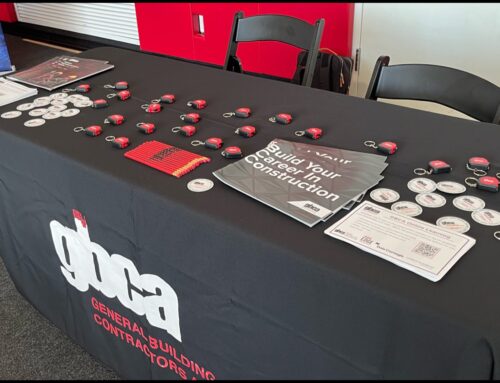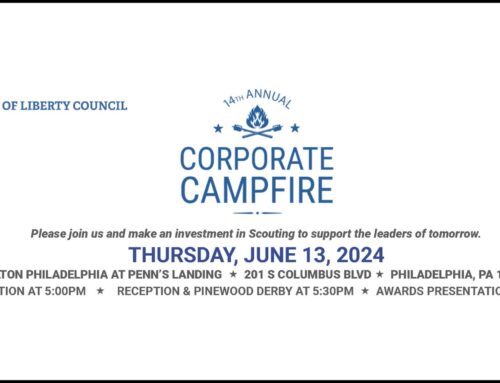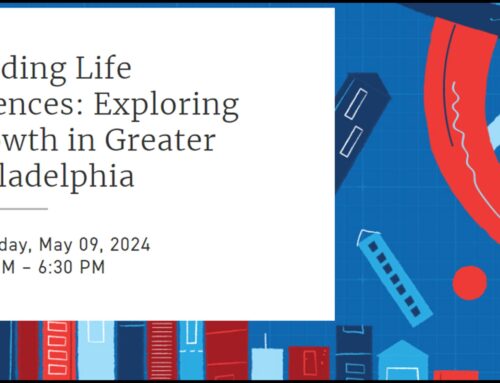This Toolbox Talk, developed by GBCA, the Building Trades Council of Philadelphia, Pennsylvania & Vicinity, and the Eastern Atlantic States Regional Council of Carpenters in support of 2021’s National Prevention Week (May 9-15), provides suggestions to promote a change in culture when addressing substance abuse and mental health.
National Prevention Week provides tools to promote substance abuse prevention and positive mental health. Click below to download the Toolbox Talk as a handout (includes Sign-In Sheet).
Rethinking Substance Abuse and Mental Health
Construction workers and culture are typically characterized by rougher exteriors and not discussing personal problems. More recently, however, we recognize our vulnerability, and actively seeking help for sensitive issues, such as mental health and substance abuse, has become more accepted by members of all trades.
Cultural Change
Culture is changed by actions, and first by how we think about substance abuse and mental health.
Perspective
- Think outside of your own viewpoint. Recognize that others may have had a difficult situation on their hands, and that everyone copes with pain differently.
Empathy
- Recognize that someone may be struggling. Try to put yourself in their position.
Judgement
- Do not assume that you would handle a situation differently. You may not know your own capacity until you are forced to deal with a similar situation.
Mindset
- Think about helping a fellow worker as a way to keep the jobsite safe. Think in a helpful, positive manner, instead of a negative, hurtful one!
Good Mental Health and Work
Fit for Duty
- A person aware of and addressing their issues is more capable of performing their work duties safely and successfully.
Focus
- Getting help can improve one’s concentration on jobsite responsibilities.
Strength
- Getting help is a sign of strength, not weakness.
Challenges to Cultural Change
Opinions about addiction and emotional issues vary from person to person. These opinions can make it harder to relate to another’s experiences or trauma. If someone shares with you, keep an open perspective and have empathy.
Understanding does not mean enabling or looking the other way. It means considering that someone is in a difficult spot and helping them get out of it in a healthy way.
Avoid labeling someone as selfish. Individuals with substance abuse or mental health issues may not see the potential for injuring themselves or others.
Take Action
Change your workplace culture and mindset. Take steps to help your coworkers who may need it:
- Take the time to check in with a co-worker who may seem disturbed or unfocused.
- Have resources available to give to this individual so that they can seek help.
- Know how to access a professional to intervene on their behalf.
- Know who to contact in the case of an urgent situation.
- Know who are your union’s Employee Assistance Program (EAP) or behavioral health professionals, be able to recognize them, and know their contact information.
- If you are the one feeling an emotional burden, ask for help. You are doing the right thing for yourself, your family, your friends, and your coworkers.
Why Should We Care or Help?
Helping someone creates a ripple effect: Addiction and mental health issues affect loved ones, coworkers, and even the workplace.
Even if you don’t agree with or like the individual who has an issue, remember that they are someone’s son, daughter, brother, sister, mother, father, spouse, and/or friend. Helping the individual can help everyone who cares for them. Do it for them.
Remember to record the attendees of your toolbox talk!
Access GBCA’s full library of toolbox talks:





